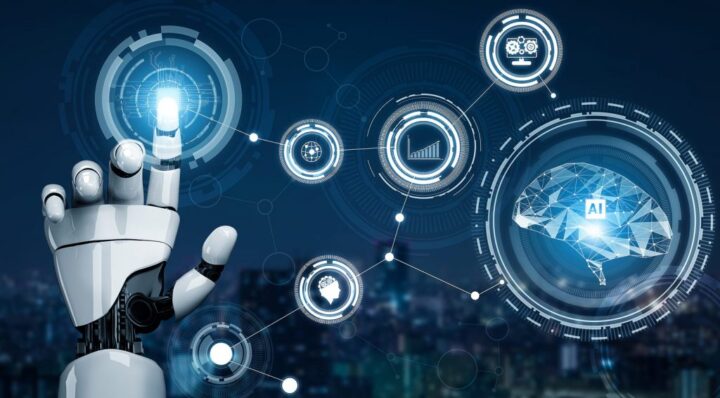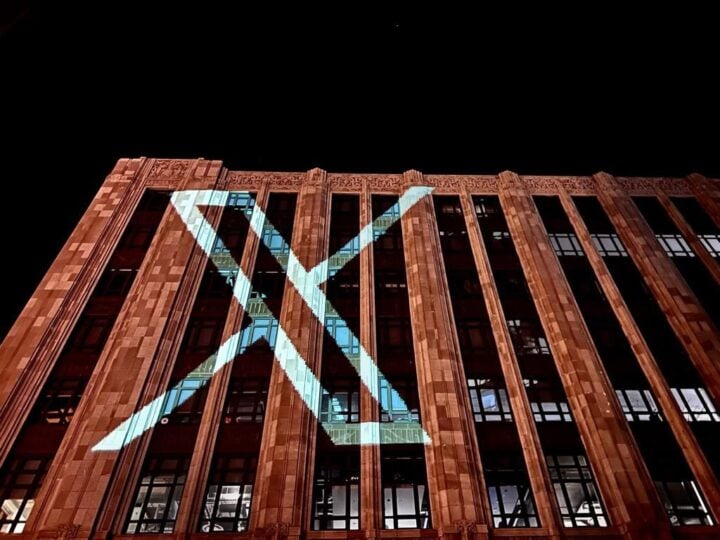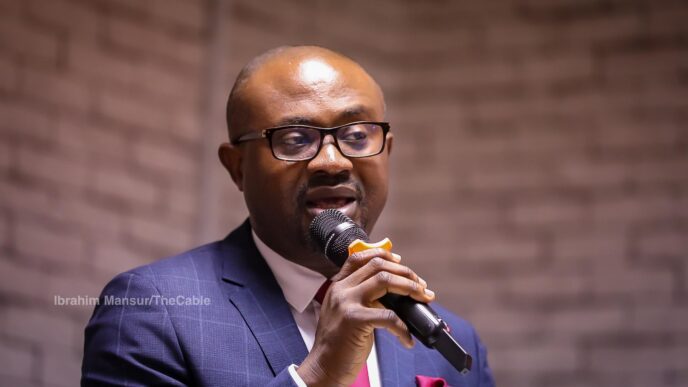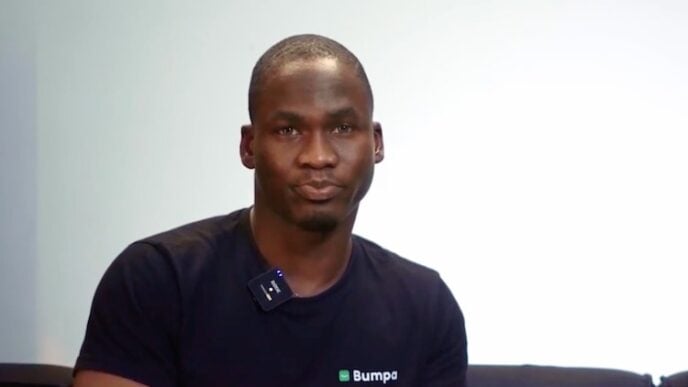For years, the conversation around artificial intelligence (AI) taking over the workplace has been framed as a distant threat. But for millions of workers, that moment is already here.
Today, automation is transforming industries rapidly. AI now writes articles, designs graphics, and even functions as a customer service representative.
In many industries, AI is no longer just an experimental tool; it is rewriting the rules in corporate structures, and most companies are now pushing workers to evolve alongside technology or risk obsolescence.
IMPACT OF AI ACROSS INDUSTRIES
Advertisement
In 2020, dozens of journalists at Microsoft woke up to the news that their jobs had been replaced by AI. These were people who had spent years writing news content for the company, but overnight, an AI system took over.
The company framed the decision as a business move, but the truth was that Microsoft saw the potential of AI and made a cost-cutting decision without explicitly stating it.
Content creators are now wrestling with tools like ChatGPT and Gemini. AI-generated content has made it easier than ever to manipulate text, images, audio, and video.
Advertisement
Streaming platforms are also not left out. Netflix and Spotify have developed AI systems so advanced that they predict users’ preferences even before they do.
It is not just the creative fields. Another example is the banking sector, where the human touch has deeply evolved. Banks are deploying AI to assess loan applications, detect fraud, and even offer personalised investment advice. Gone are the days of waiting on hold for a human representative; chatbots are now handling our everyday banking needs. A recent report from the Bank of England states that 75 percent of financial firms now use AI, with another 10 percent planning to adopt it in the next three years.
In healthcare, AI assists in diagnostics and patient care. Machine learning models help identify disease patterns, allowing for earlier detection. Hospitals use AI-driven systems to optimise scheduling and reduce administrative burdens.
Also, in agriculture, AI has brought precision to farming. Farmers now use smart tools to monitor their crops and soil. Robots, ranging from weed-zapping machines to robotic herders, assist with demanding farm tasks and alleviate repetitive labour.
Advertisement
OPPORTUNITIES AND RISKS: NAVIGATING THE NEXT DIGITAL LEAP
Given the new realities of digitalisation, it is easy to feel overwhelmed and worry about being replaced. Some may ask, “If a machine can do my job, where does that leave me?” The truth remains that AI is evolving so much, but the reality is that we have yet to figure out its full potential. And while it can be really powerful, it is not without flaws. Automation bias, inaccuracies, and ethical concerns are still its biggest challenges.
But amid fears of job loss, there is a bigger challenge for a developing country like Nigeria, and that is digital inequality. Ayantola Alayande, a researcher at the Global Center on AI Governance, told TheCable that without the necessary infrastructure and digital skills, Africa may struggle to keep up with global AI advancements.
“The bigger problem we face is not just job losses but increasing digital inequality. Our labour force is at risk of becoming even more uncompetitive in the global economy,” Alayande said.
Advertisement
Although international cooperation is often seen as a solution, Alayande argued that African countries must take charge of their technological future.
“We need policies that attract investment, encourage the development of tech hubs, and build our own industries,” he added. “Hoping that international cooperation alone will solve our challenges is not realistic. We need self-sufficiency.”
Advertisement
AI AN ENABLER, NOT A COMPETITOR
For others, the AI debate is not just about job losses but about adaptation. Uwem Akan, a Nigerian software engineer, believes that AI should be seen as an enabler, not a competitor.
Advertisement
“AI won’t take away our jobs. It will enhance productivity. Every technological revolution has displaced jobs, but it has also created new ones. AI is no different,” he said.
Akan stated that the real shift is not AI taking over jobs but how humans adapt and use it as an advantage in their industries.
Advertisement
“What we call AI today is just intelligent algorithms trained on human-generated data. AI cannot exist without humans feeding it knowledge. The real shift isn’t about AI replacing us; it’s about how we adapt to working alongside it,” he added.
The real challenge, then, is about finding new ways to create value in a world where there is a blurred line between humans and machines.
For workers, it might mean upskilling to carry out responsibilities better. For businesses, it means training staff so as to have better teams. For governments, it’s about putting the right policies in place and investing in the infrastructure needed for AI to grow.
John F. Kennedy, former US president, once said, “Automation does not need to be our enemy. Machines can make life easier for men if men do not let the machines dominate them.”
The future of work will depend on how well people embrace and integrate automation into their daily tasks instead of fighting against it.
Add a comment










